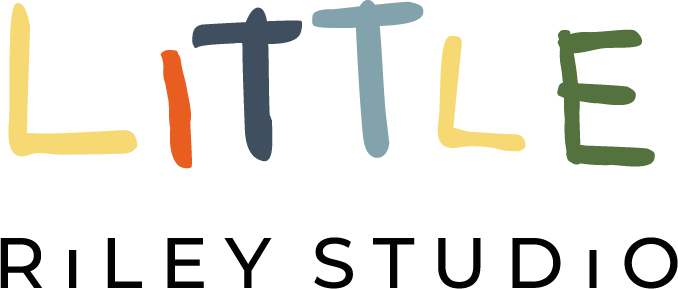Our focus for 2021 is to challenge everyone to #BeAChangeMaker. To help sketch out a picture what change can look like, we've interviewed a series of leading #ChangeMakers who are taking up this challenge in new and exciting ways.
Isaias Hernandez, who goes by the moniker @queerbrownvegan, is an eco-creator, educator and activist who is exploring the many intersections between gender and sustainability. We sat down with him to find out more about his work and his journey so far.
1. What does sustainability mean to you?
Sustainability to me is the circular lifestyle that does not negatively impact ecosystems, humans, and animals that is rooted in cultural-based and indigenous wisdom.
Sustainability to me is the circular lifestyle that does not negatively impact ecosystems, humans, and animals that is rooted in cultural-based and indigenous wisdom.
2. Can you explain to us how gender and environmental issues are linked
Gender and climate change are intertwined with the oppressive systems we see today, stemming from heteronormativity, which instills binary thinking that we are either male or female. This oppressive structure further fuels patriarchal orders of sexism, homophobia, biphobia, and transphobia. We must challenge ourselves to recognise that queer / trans / two-spirit individuals have always existed in ecosystems and have harmonious relationships with the Earth. Queer violence is an environmental issue.
Gender and climate change are intertwined with the oppressive systems we see today, stemming from heteronormativity, which instills binary thinking that we are either male or female. This oppressive structure further fuels patriarchal orders of sexism, homophobia, biphobia, and transphobia. We must challenge ourselves to recognise that queer / trans / two-spirit individuals have always existed in ecosystems and have harmonious relationships with the Earth. Queer violence is an environmental issue.
3. How did you become involved in climate activism?
At a young age, I experienced environmental injustices: living nearby toxic facilities, living in Section 8 affordable housing, and close to freeways. I had normalised my pain and my thinking that these injustices were natural because of what was ingrained in my educational journey.
At a young age, I experienced environmental injustices: living nearby toxic facilities, living in Section 8 affordable housing, and close to freeways. I had normalised my pain and my thinking that these injustices were natural because of what was ingrained in my educational journey.
When I started to ask why different Los Angeles communities were designed, I was met with more curiosity and sadness. When I learned about environmental justice in late high school, it validated my childhood experiences of what I lived through. There was science and community-based organising behind the environmental movement that I could recognise, so I went on to study Environmental Science at UC Berkeley.
4. Is there enough representation of LGBTQ+ voices within the sustainability conversation?
My experience was there there is constant homophobia, biphobia, and transphobia in environmental academic spaces. We tend to think in the binary while only imagining one type of environmentalist, one that is white and heroic, when in reality, our ancestors of colour and LGBTQ+ people have been doing this work for decades. It's now our job to make sure those voices are centered in many conversations.
My experience was there there is constant homophobia, biphobia, and transphobia in environmental academic spaces. We tend to think in the binary while only imagining one type of environmentalist, one that is white and heroic, when in reality, our ancestors of colour and LGBTQ+ people have been doing this work for decades. It's now our job to make sure those voices are centered in many conversations.
5. And finally, can you share something with us that you're optimistic about?
In my community, there is so much building and collaborating. Things are blossoming now that were not possible before! I think the beauty of environmentalism is that you get to listen and hear about other people's different lived experiences.
In my community, there is so much building and collaborating. Things are blossoming now that were not possible before! I think the beauty of environmentalism is that you get to listen and hear about other people's different lived experiences.
Isaias wears our Organic Linen Long Line Shirt in Ecru.


Back to Our Journal